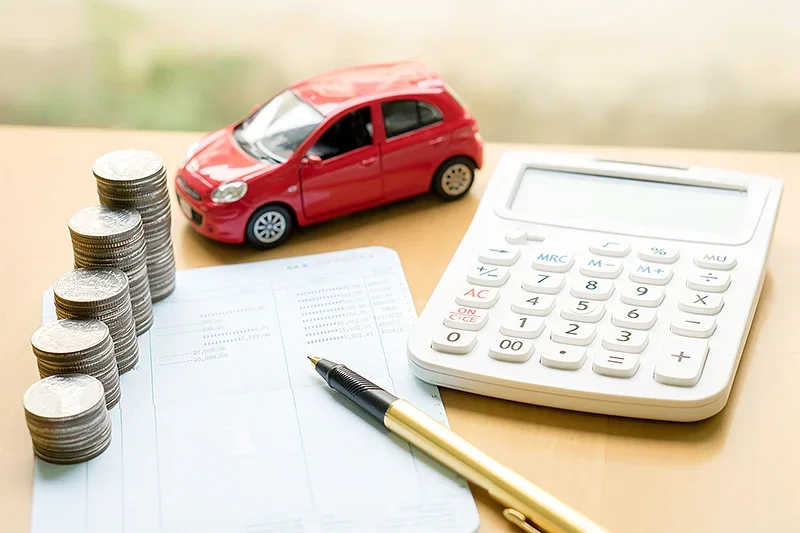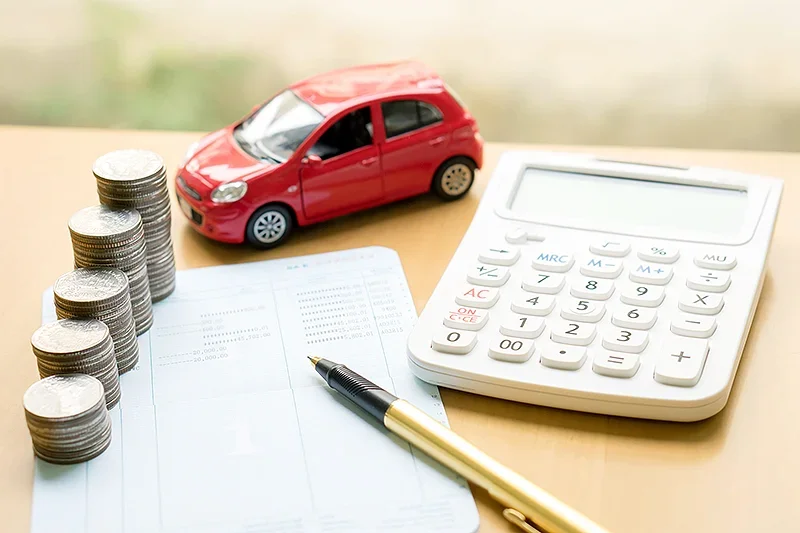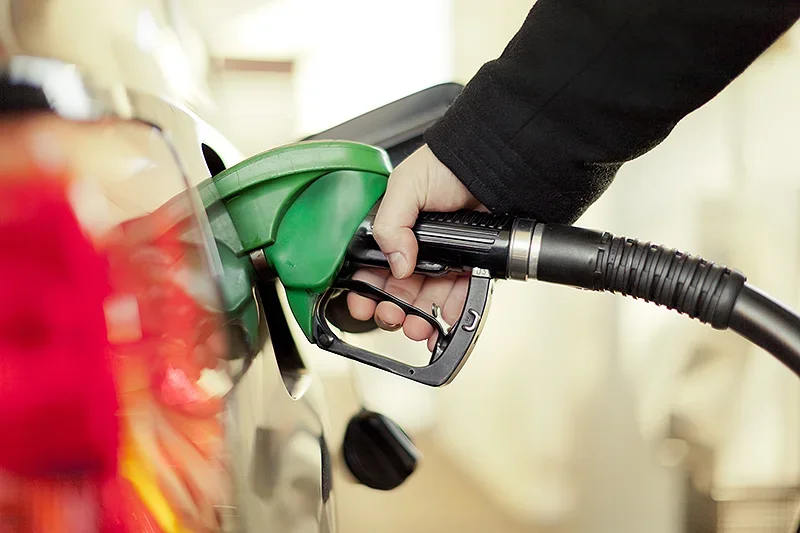Essential tips for buying a car: Your complete guide
By MAS Team
In the market for a new car? From car insurance options to fuel types, safety features and beyond, keep these tips in mind to help you make the right choice.

Buying a car is an exciting milestone, but it can also feel a bit overwhelming. From choosing the fuel type to finding the best car insurance, there are many factors to consider. So, before you seal the deal on a purchase, it pays to learn a few tips to help you make an informed decision that fits your needs and budget – while avoiding costly mistakes along the way.
Buying a car is one of the biggest financial commitments you’ll make, and for many, it’s second only to buying a home. That’s why it’s crucial to know what to look for when choosing your car, including factors like age, mileage, safety features, and of course, the right insurance.
Insurance isn’t just a box to tick when buying a car – it’s a critical factor that can significantly affect your long-term costs and financial peace of mind. Here’s the lowdown on the main types of car insurance, so you can pick the right one for your needs.
To make things easier, MAS offers a range of motor vehicle insurance options, along with a handy guide to help you decide which option is best for you.
Do you know that the type of car you choose can impact how much you pay for insurance? Here are a few key factors to keep in mind.
Wondering how much you’ll be paying for insurance? MAS provides an easy online tool to estimate your costs based on these factors. If you want to delve even deeper, MAS also has a handy guide to the various aspects that affect the price of car insurance premiums.
How you finance your car purchase is just as important as the car itself. The first financial rule of car buying is that a car is not an investment. Your car is going to decline in value the longer you own it, so if you have savings, paying upfront is often the best option. It will save you from interest and the additional charges that come with taking out a loan for your car.
If you are taking out a car loan, be mindful of how much you borrow. Cars depreciate in value quickly and taking out too large a loan could lead you into negative equity, where the car is worth less than the loan balance. One thing to remember, your KiwiSaver savings can’t be used to buy a car, as they’re generally reserved for retirement or first-home purchases.


There’s a big difference between buying a used car from a dealer or from a private seller via a website like TradeMe or AutoTrader. Car dealers attract car buyers who want greater legal protection than buying from a private seller. Car dealers are bound by the Consumer Guarantees Act to make sure the vehicles they sell are of acceptable quality. In addition, most dealers offer you the chance to purchase an additional warranty for a set period of time. One of the most popular warranties is against mechanical breakdown for the first 6 or 12 months you own the vehicle. If you're buying from a dealer, research their reputation through Google reviews or other online ratings. You can’t get this kind of reassurance when you buy from a private individual.
Another reason to buy from a dealer is the chance to trade-in your old car. That means the dealer will give you a set amount of money for the car and deduct that from the purchase price of your new vehicle. While some people think they can get more money for their old car if they sell it privately, trade-ins are a popular option for many car buyers because it saves the hassle of selling your old car.
Now that you’re ready to buy your car, the first big question is whether to go for a new or used car.
For used cars, it’s advisable to get a vehicle history report. Services like MotorWeb can provide comprehensive information about past accidents, previous ownership, and any outstanding recalls. The report will also tell you if there is still any money owing on a car. This is vital information because in some cases a lender can repossess your new car if the previous owner hasn’t paid off their car loan.
A demo car refers to a vehicle that has been used by the dealership for test drives or display purposes. These cars usually have low mileage and are sold at a discount, but they can come with more wear and tear than a brand-new vehicle. If you're wondering whether it's worth buying a demo car, consider the potential savings but also be mindful of additional wear and tear.
Flood-damaged cars are generally not worth buying due to hidden issues like corrosion and electrical failures. In February 2023 alone, 524 vehicles were written off in New Zealand due to water damage. These vehicles can also be difficult and expensive to insure, making them a risky purchase.
Fuel choice has become more important than ever, especially with environmental concerns growing and the cost of fuel increasing. Whether you go electric, petrol, or hybrid, each option has its pros and cons:

Your transmission choice comes down to personal preference and driving style.
Knowing how to check a car before buying can save you from unexpected issues down the road. A professional inspection can reveal any underlying issues, while a test drive will give you a feel for the car’s handling and comfort. The Government’s consumer protection website has some good tips, such as paying attention to any rattling, shaking, or unusual noises.
And don’t forget the paperwork – ensure the car has a valid Warrant of Fitness (WoF), up-to-date registration, and a clean vehicle history.
When you're ready to make your move, MAS can help you navigate car insurance. Contact the MAS team on 0800 800 627 or complete our online form for a motor vehicle insurance quote.
This article provides general information only and is not intended to constitute financial advice. Before taking out any insurance product, you should carefully consider the terms and specific policy wording. Underwriting criteria will apply.

If you want to get car insurance for the first time, it can be complicated to work out what kind of cover best suits you. Here’s our step-by-step guide to getting car insurance if you’ve never had it before.

Smart features like AEB and lane assist promise safety — but are they causing more harm than good? Find out how to protect yourself.

Life insurance can support your family and dependents if you die or are diagnosed with a terminal illness, but you might be worried about the cost. The good news is your level of life insurance cover can be adjusted to meet what you can afford to pay.